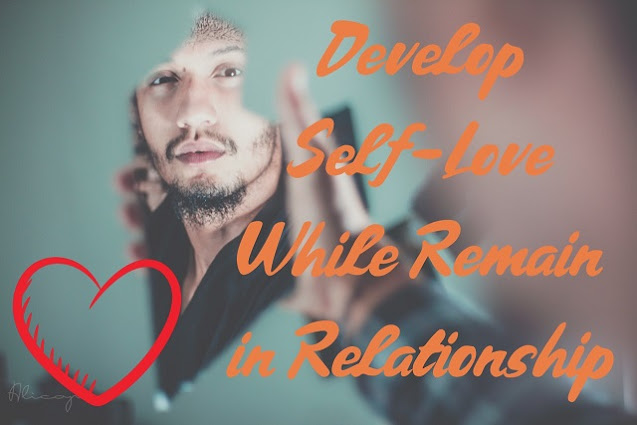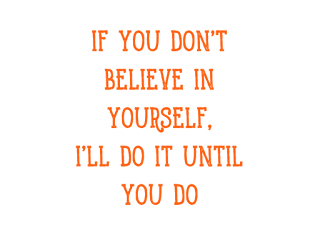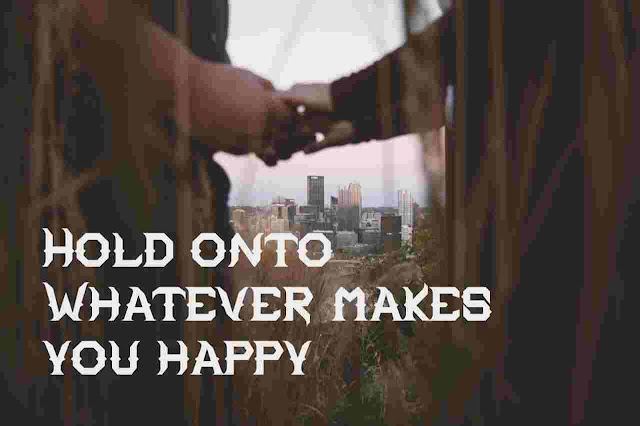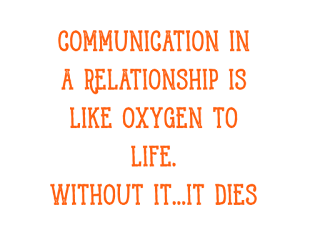What is Self-Love?
Self-love refers to the act of valuing one’s happiness and well-being. Self-love is a kind of acceptance that can be described as an unconditional sense of support and caring for the self. It may also be considered a willingness to meet personal needs, allow you to think without judging yourself, and view the self as essentially worthy, good, valuable, and deserving of happiness.
People who find it difficult to practice self-love or have some issues that make it difficult for them to experience compassion or love for themselves may find the support of personalities who know them, care for them, or love.
Why Self-Love is Important?
Self-love is considered to be an important component of self-esteem and overall well-being. It is generally difficult, if not impossible, to know true yourself without first being able to love and accept the self. Researchers have discovered that the practice of self-love is associated with a multitude of benefits, such as greater life satisfaction, increase internal happiness, and greater resilience.
People with high levels of self-compassion have been shown to often be able to overcome difficult life events with more ease than those who are harder on themselves. The risk of developing mental health issues such as depression, anxiety, and perfectionism can also be decreased through the practice of self-love. This practice can also increase one’s optimism and may be helpful for stress reduction, especially in the face of various life challenges.
Self-love can also lead to improved relationships. The idea that a person should practice self-love before attempting to pursue the love of others is one that is accepted by many, and research has shown that practicing self-love and self-compassion is likely to improve well-being in the context of interpersonal relationships. People who have self-compassion and practice self-love generally report feeling happier and more authentic in their relationships as the ability to care for and love one’s self generally indicates that one will experience a greater capacity to love and care for others.
Learning Self-love While In A Relationship
It can be difficult to be in a relationship if you don’t have a great deal of self-love. Often the insecurities will lead to conflict, and sometimes the conflict will lead to a breakup.
A common piece of advice is that you have to learn to love yourself before you even get into a relationship. But what if you are already with someone? Be with Them Never Let them go, because the one who loves you in a condition where you can't love yourself is True Lovers. Hold Them to You. Many times you may feel that Relationship is not working Out but That's not the reality.
Self-love means now that I also love my relationship. I don’t depend on it, as I did in the past, and it doesn't take away my individuality. It enhances me
Because of the lack of your Self-Love Maps your mind that you can't love someone else. But Your Partner can feel in your Actions, your care, and Everything Else
How To Develop Self-Love If You Are In A Relationship
Without shame, doubt, and fear to blind you, you can work together to find a joint resolution that strengthens your commitment and deepen your bond to each other
See in yourself what your partner sees in you
Insecure people struggle to see anything good in themselves and are often dismissive of the positive things their partner sees.
Ask you, partner, what they see in you, and what it is about you that they love. This is a great date night exercise for couples. Write a list of twenty things you love about each other and take turns reading them out.
If you do this regularly you will slowly take it onboard and internalize it and start to believe it about yourself.
For example, I used to be critical of myself for being too reserved and boring. But I’ve come to realize that my partner really appreciates my ability to keep an even keel when in rough emotional waters.
Ask you, partner, what they see in you, and what it is about you that they love. This is a great date night exercise for couples. Write a list of twenty things you love about each other and take turns reading them out.
If you do this regularly you will slowly take it onboard and internalize it and start to believe it about yourself.
For example, I used to be critical of myself for being too reserved and boring. But I’ve come to realize that my partner really appreciates my ability to keep an even keel when in rough emotional waters.
My highs aren’t that high but my lows aren’t that low. Instead of seeing this as me being boring and something to be critical of, I now see it as a sign of strength and something valuable that I bring to the relationship.
In a relationship you aren’t just learning about the other person, you are also learning about yourself.
Don’t get disheartened when you see your flaws.
On the other hand, a relationship will also hold up a mirror to your flaws. Things you have learned to live with about yourself may irritate your partner.
We all have our flaws. Some things can be ignored; others might be something you want to work on. Either way, don’t let it get you down or get in the way of self-love.
Exposing flaws is a natural part of a relationship; it doesn’t mean you are a terrible person or that you are unlovable.
Forgive yourself for your failings.
Holding a grudge against yourself gets in the way of self-love. It’s inevitable in a relationship that there will be times you say or do things that you regret. Don’t beat yourself up about it.
Remember you are the master of your own happiness.
Your partner can’t make you happy. Only you can do that. He or she can enhance the happiness that you nurture in yourself, but it is not their responsibility to make you happy. If you rely on them for happiness you will drain the space between you. Make sure you take the responsibility yourself.
This isn’t an easy thing to do and is a habit that you need to develop over time. It starts with adopting a mindset that happiness is a choice, meaning you give yourself the power to cultivate happiness for yourself. It’s difficult and it’s hard work, but it’s liberating because you refuse to allow your happiness to be dictated by your circumstances or by other people.
Choosing happiness means accepting the truism that the only person you can change is you. Instead of looking to change others, you work on yourself and make sure you meet your own needs.
Another way to take responsibility for your own happiness is to choose to be present. If you wait for the perfect conditions before you allow yourself to be happy, then you will always be waiting.
Instead of saying, “I’ll be happy when…” you choose happiness now. You quiet thoughts of the past or the future and decide to be happy at the moment.
Doing the little things that make you happy helps with this. Embrace the small daily moments you have to nurture yourself, like sitting down with a cup of tea or taking ten minutes to meditate. This can help quiet your mind, allowing you to be present and to find a moment of joy in your day.
Ways to Make Relationship Stronger When you Love Yourself
Relationship Status:
Committed to Inner Peace, Expansion, Gratitude and Self Love
When you love yourself, you can share yourself with your partner without fear.
When you love yourself, you can recognize your imperfections and refrain from judging them. You know all humans are in a constant state of flux, and that these imperfections are opportunities to evolve. You have nothing to hide and can be honest with your partner about your flaws and how you attend to them. And since you no longer allow shame to cloud your self-image, you can acknowledge your strengths and talents the very attributes your partner has appreciated all along.
When you love yourself, you can trust your partner’s love for you.
When your partner tells you how kind, generous, and attractive you are, you can believe it. Self-doubt won’t prevent you from accepting your partner’s love. You will know that while you’re not perfect you have a lot to offer, and it is absolutely believable that someone would value you. You won’t have to be shocked that this person you hold in high esteem regards you as equally amazing. When you allow someone to love you, you reinforce that you are indeed lovable. Loving yourself becomes more than an option; it becomes your right.
When you love yourself, you can express your needs without guilt.
Recognizing your own value means recognizing that your needs are just as important as your partner’s. Rather than feeling like a burden or undeserving of attention, you will find the courage to ask for what feels good to you. The more you realize your own worth, the less you will accept others’ disrespect or lack of kindness. Loving yourself means setting healthy boundaries and requiring that others treat you in a way that makes you feel appreciated.
When you love yourself, you can fight fair.
That’s right. When you love yourself, you can have conflict in a relationship and it won’t feel like the end of the world. You won’t automatically take everything personally, which means less self-blame and anger. Rather than shaming yourself or lashing out at your partner, you’ll be able to take responsibility for your actions in a clear-headed and thoughtful manner. You’ll be able to express your concerns knowing you have the right to be happy and heard. You’ll encourage your partner to understand you, just as you will try to understand them. Without shame, doubt, and fear to blind you, you can work together to find a joint resolution that strengthens your commitment and deepens your bond with each other.
Conclusion
Remember that self-love is important for enjoying a happy, healthy, and respectful relationship. When you are secure, confident, and feeling good about yourself you feed positive energy into space between you.
If you feel that you are struggling in your relationship, focus on yourself, work on self-love, with the person you are and you will see things improve between you both and with your intrapersonal relationships.
But please don't Take Breaks in Relationship for Just Improving Self Love. Be With your Partner and Share What you're going through. It definitely Works Out.





0 Comments
Drop Your Line To Us Here!